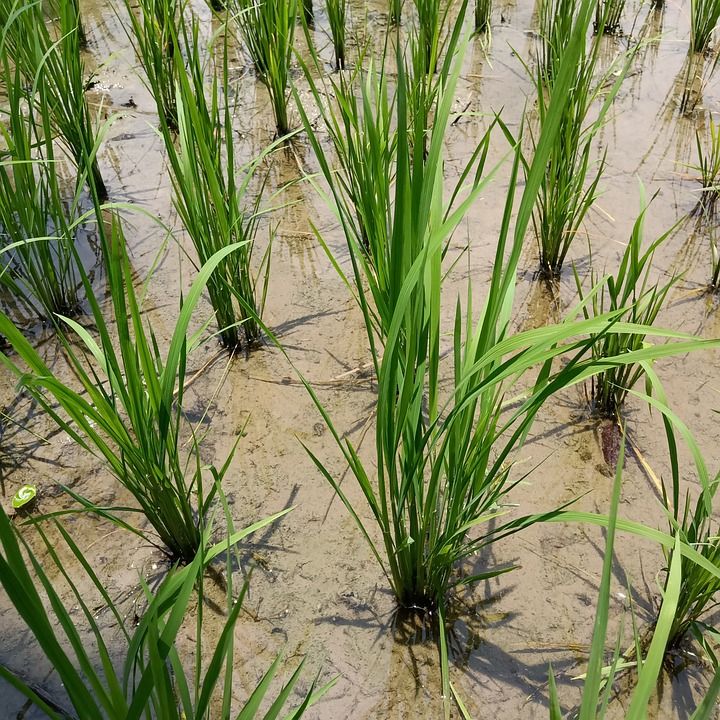IIT Bombay Develops Innovative Bacteria to Combat Soil Pollution and Enhance Fertility

New Delhi [India], January 2: Researchers at the Indian Institute of Technology (IIT) Bombay have made groundbreaking advancements in addressing soil pollution. By identifying specific bacteria that consume toxic pollutants and convert them into beneficial nutrients, they have opened up new possibilities for sustainable agricultural practices.
The team’s research focuses on leveraging bacteria that feed on harmful chemicals and pollutants, providing an innovative solution to the growing problem of environmental contamination. In a study recently published in the journal Environmental Technology and Innovation, the researchers highlighted the potential of these bacterial species to effectively remove organic pollutants from soil.
In addition to detoxifying the soil, the identified bacteria offer multiple agricultural benefits. According to the IIT Bombay’s official release, these microorganisms enhance plant growth hormones, suppress harmful fungi, and improve the availability of essential nutrients to plants. This dual function not only promotes healthier crop growth but also reduces reliance on chemical insecticides and pesticides, fostering improved soil health and fertility.
Addressing Soil Contamination Challenges
The agricultural sector faces significant challenges due to soil contamination by aromatic compounds—organic chemicals with benzene-like ring structures. Commonly found in pesticides, these compounds inhibit seed germination, stunt plant growth, reduce yields, and accumulate in seeds and plant biomass. They also originate from various industries, including cosmetics, textiles, construction, food preservatives, dyes, petroleum, and plastics.
Some of the most prevalent aromatic pollutants include carbaryl, naphthalene, benzoate, 2,4-dichlorophenoxyacetic acid, and phthalates. Traditional remediation methods, such as chemical treatments and soil removal, often prove costly and inadequate for addressing the issue comprehensively.
Harnessing Natural Cleaners
To tackle this problem, the IIT Bombay researchers identified bacteria from toxic environments, particularly focusing on species from the genera Pseudomonas and Acinetobacter. These bacteria have demonstrated remarkable efficiency in breaking down aromatic compounds. Prof. Prashant Phale, from the Department of Biosciences and Bioengineering at IIT Bombay, who supervised the research, explains the process:
“These bacteria were isolated from contaminated soil and agricultural fields. They feed on pollutants, breaking them down into simpler, harmless, non-toxic compounds. In this way, they act as natural cleaners of polluted environments.”
The study, led by PhD researcher Sandesh Papade under Prof. Phale’s guidance, underscores the immense potential of these bacteria to revolutionize agricultural practices. Their ability to detoxify soil while simultaneously promoting plant health offers a cost-effective and sustainable alternative to chemical-dependent farming.
A Sustainable Path Forward
The innovative work by IIT Bombay showcases the power of biological solutions in addressing environmental challenges. By reducing dependence on harmful chemicals and promoting soil fertility, this breakthrough could significantly benefit both agriculture and the environment. As the research continues to evolve, it promises a cleaner, greener future for India’s farmlands.








